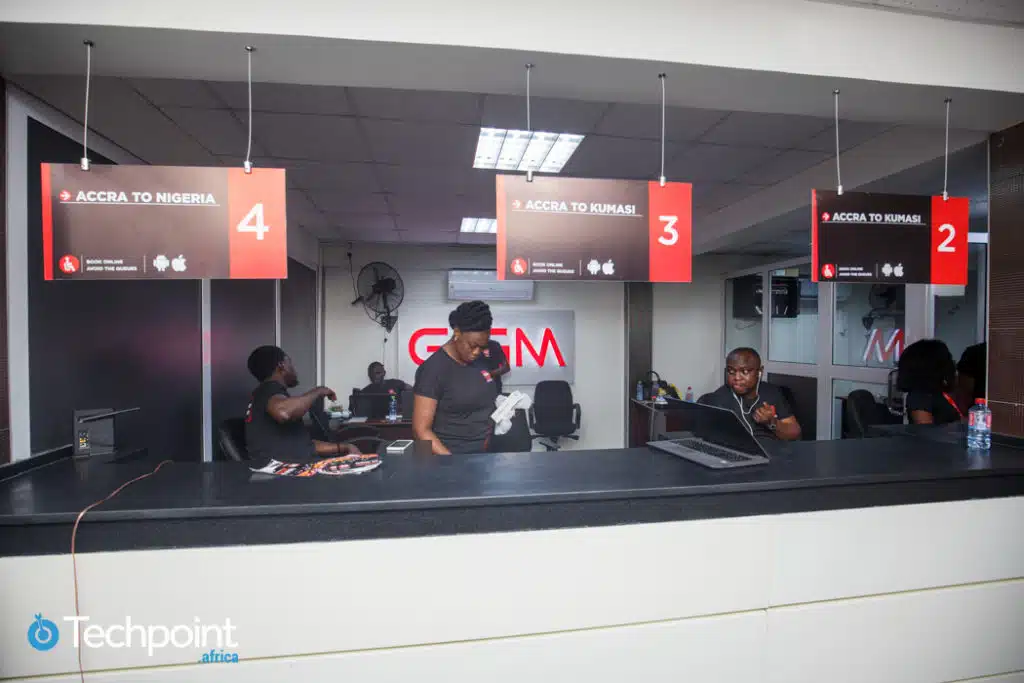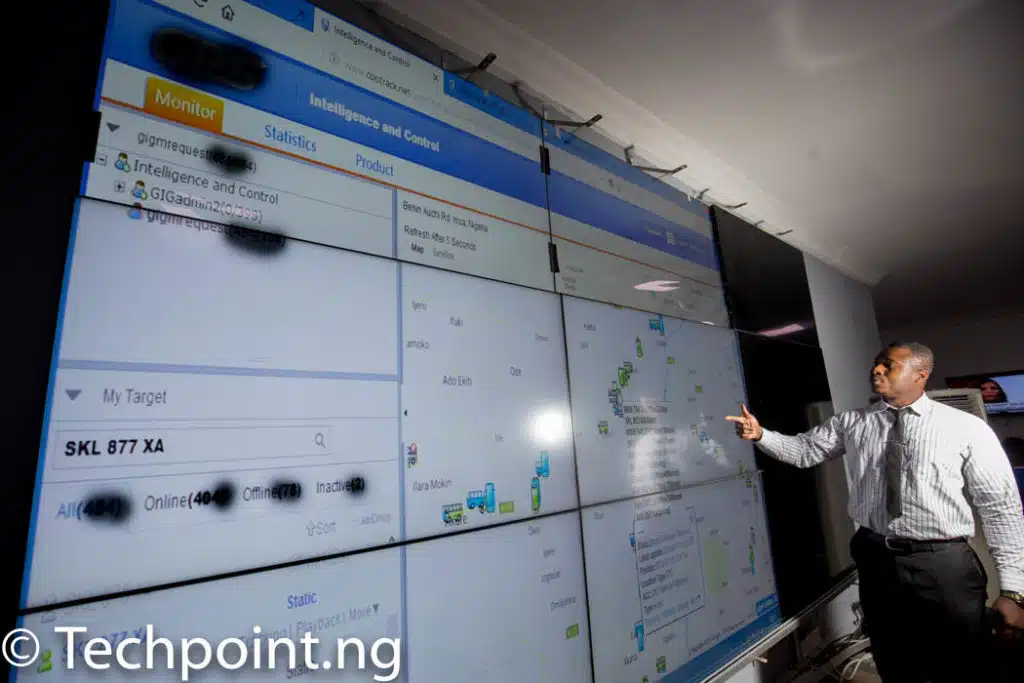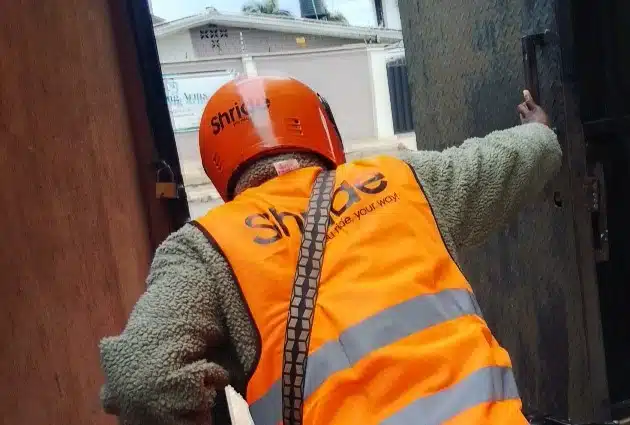In 2019, Nigerian mobility companies were high-flying. Moving around major cities like Lagos, Abuja and Port Harcourt, or travelling between different cities became so easy with the tap of a few buttons on the smartphone.
In the period in question, companies like GIG Mobility, Max.ng, Gokada, and OPay’s ORide took the mobility space by storm, and soon after Pan-African players like Safeboda came into the mix. Before the infamous Lagos Okada ban, venture capital funding in Nigeria seemingly showed a healthy appetite for the new kids on the block.
Since then, funding for mobility companies ($147m in 2021) have largely gone to companies on the vanguard of innovation and sustainability in Africa’s mobility space.
While Africa’s mobility companies have witnessed varying fortunes, there are important factors that are currently not being addressed in the sector. Cracks that are currently being papered over with technology.
Recent developments suggest that this might be about to change.
Led by mobility giant, GIG Mobility, major players in Africa’s mobility space are gearing up to have important conversations at the inaugural Africa Mobility Conference taking place on June 2, 2022 with theme: Pathways to the future of mobility in Africa.
“Just stepping into the mobility space, I realised the players in the space are not trying to shape the narrative,” says Enahoro Okhae, newly appointed CEO of GIG mobility. “We need to have several important discourses across different spheres for the industry to be stabilised.”
Taking a glance across the globe, you’d realise that Okhae’s assertion holds true. Big tech companies like Apple, Google, and Tesla, have mastered storytelling to shape the narrative around their industry.
What to solve in Africa’s mobility sector

If you read our 2020 article on the deep challenges of mobility and logistics in Nigeria, by now you should realise that the challenges run even deeper. No matter what wind blows in the universe, people will always need to move.

Victoria Fakiya – Senior Writer
Techpoint Digest
Stop struggling to find your tech career path
Discover in-demand tech skills and build a standout portfolio in this FREE 5-day email course
However, Okhae points out that several people are still not aware of the impact that insecurity is having on people traveling in Nigeria.
“When you see physical evidence of insecurity in our roads, you’re only seeing it after hundreds of issues have been dealt with. If 1 person is flying, maybe another 1000 is travelling by road.”
In recent months, the tabloids have been filled with news of insecurity in Nigerian roads. For context, look no further than the hijacking of the Abuja-Kaduna train by armed gunmen, which led to the loss of lives and property. With such chilling stories flying around, some Nigerians have preferred flight over road trips, but given the cost of plane tickets, only a minute percentage of Nigerians have that luxury.
According to the National Bureau of Statistics (NBS), transportation contributes up to 3% of Nigeria’s GDP. When you consider that Road transportation accounts for 90% of this GDP contribution, Okhae’s argument really shines through. While Water and Rail transport show decent numbers, the NBS describes Air transport’s contribution as negligible.
“We need to have very necessary conversations about the issue of insecurity and present these findings to the relevant policy makers in government to have the necessary change.”
With the heavy reliance on road transport for travel and logistics, Okhae also highlights the impact it would have on our environment.
“We live in a society where people don’t really care about stuff like sustainability. As a company actively playing in the mobility sector, we need to saddle ourselves with the responsibility of having such conversations early enough.”
According to Okhae, the vehicles going out everyday negatively affect the environment, and we need to start taking alternatives like electric vehicles very seriously.
A 2018 World Bank study reveals that air pollution cost Lagos, Africa’s largest city, up to $2.1 billion and 11,200 premature deaths. Road transportation, the report says, was the primary source of air pollution.
Interestingly, we’ve seen innovations in the clean tech space with the likes of Jet Motor company for electric vans, then Max mobility, and Siltech for electric scooters and bikes.
“Rather than buy diesel for several vehicles, I’d rather buy just one generator and use that to charge several vehicles before going on a trip,” Okhae adds.
How to innovate for mobility in Africa

In other parts of the world, mobility is witnessing defining moments with technology in the mobility sector, but Africa is seemingly being left behind.
Jude Odum, COO of GIGM reveals that the rest of the world are making advances with self-driving vehicles and other mouth watering features and Africa needs to get there sooner than later.
“Before we even start talking of those, we need to overcome the systemic barriers like security and the local economy itself. 4 years ago, we could spend $16,000 to bring in a brand new Toyota Hiace bus into the country. Today, you spend almost three to four times that amount to bring in the same vehicle.”
Sadly, Odum reveals that due to the current economic terrain, mobility operators have not been able to increase prices commensurate with the overall market conditions.
At the mobility conference, Odum hopes the conversation goes beyond just the regular road, rail and air transport.
“Could we have something else that could help mobility in Africa given our current challenges? How is the government developing policies that will create an enabling environment for mobility operators?”
On some level, Odum’s discourse reminds us of the current rave with the metaverse and how it could upend our lives and move. But in the realm of current reality, the possibilities remain endless and current players need to take action.
This platform, according to both executives, would be perfect for automotive manufacturers with a huge market in Nigeria.
Names like Toyota, Volkswagen, and Mercedes readily come to mind. Considering the current state of vehicle manufacturing in Nigeria, there’s a lot to be done.
Per Okhae, the conference floor will be open to innovative young minds who are developing solutions for Africa’s mobility sector. He also maintains that the security conversations would be relevant for anyone travelling in Nigeria.
Can’t wait to get into the thick of the conversation, register here on the Mobility Platform website.











